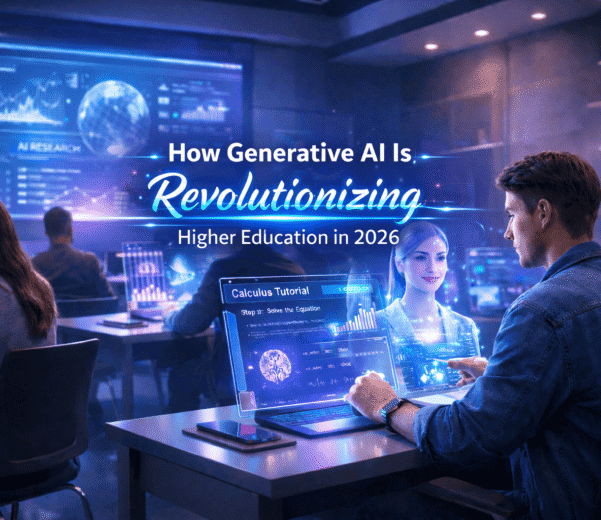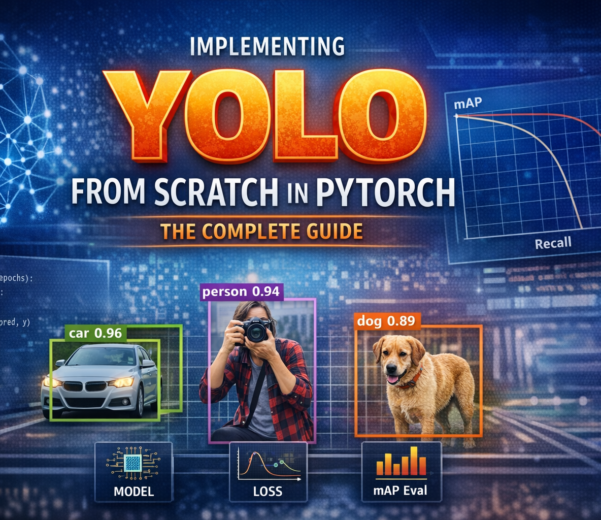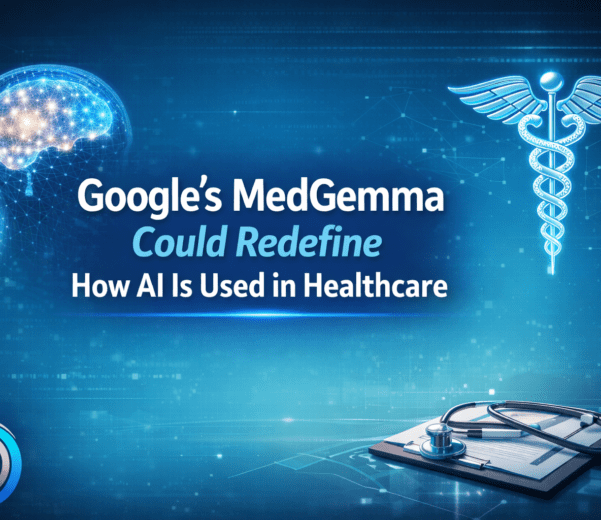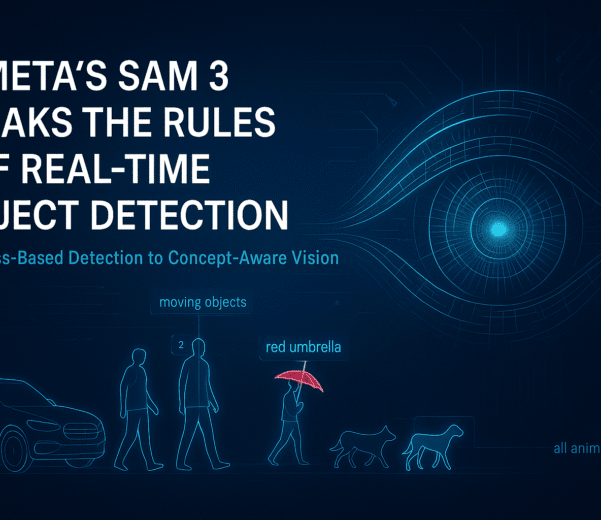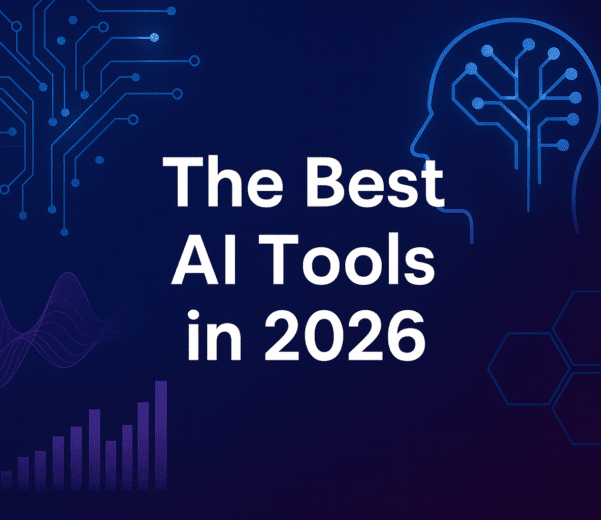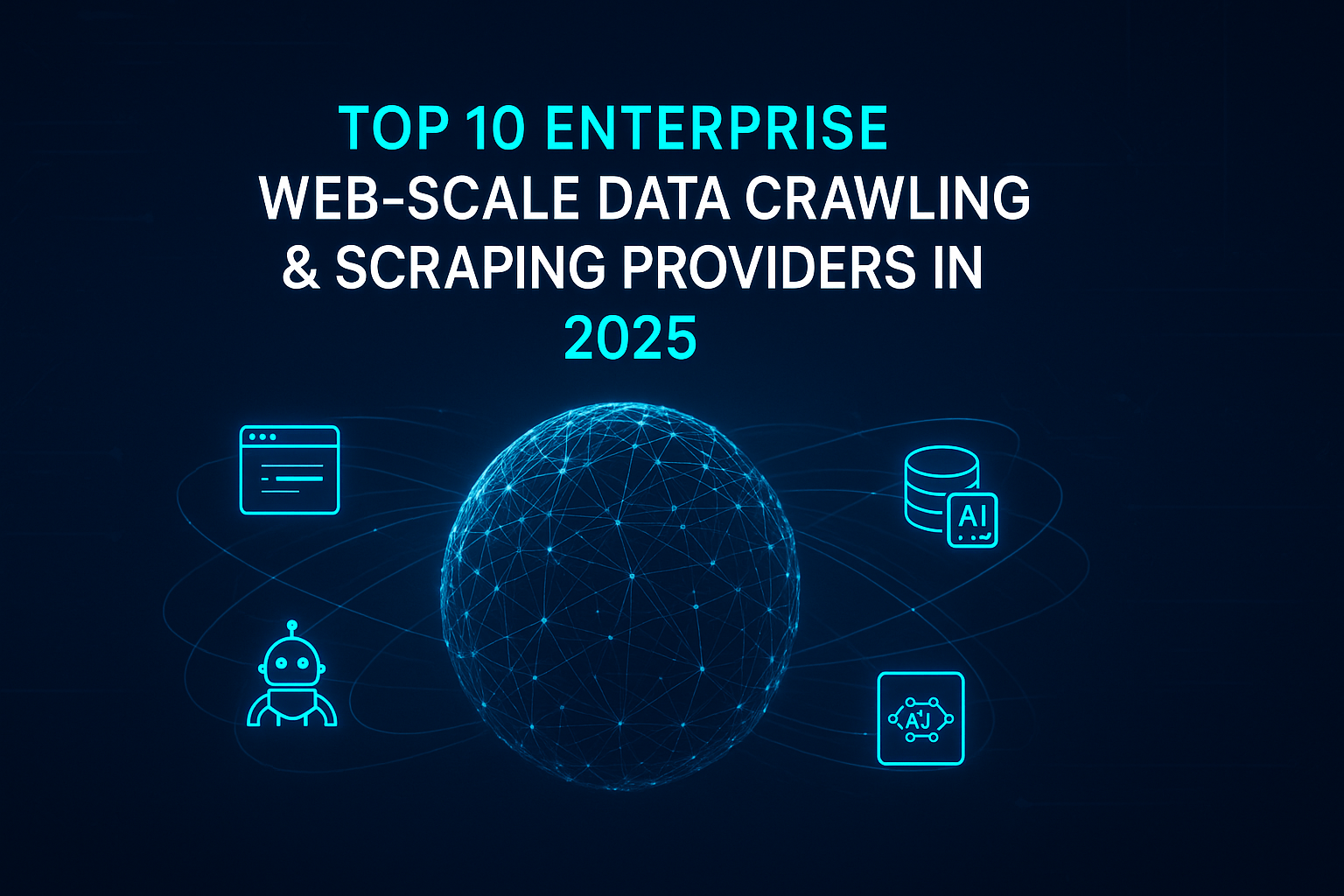Introduction
Artificial Intelligence (AI) has emerged as a groundbreaking technology with the potential to revolutionize numerous industries. In the realm of healthcare, AI is not merely a tool for optimization but a force capable of saving lives. This article delves into the multifaceted ways in which AI is contributing to the enhancement of medical care, early disease detection, personalized treatment, and improved patient outcomes.
Section 1: The Role of AI in Medical Diagnosis
1.1 Early Disease Detection
One of the primary ways AI is saving lives is by enabling the early detection of diseases. AI algorithms, when fed with medical data such as imaging scans or genetic information, can identify anomalies and risk factors long before symptoms manifest. This early detection is particularly critical in diseases like cancer, where timely intervention significantly improves prognosis.
1.2 Improving Diagnostic Accuracy
AI-powered diagnostic tools, such as AI-assisted radiology, not only enhance the speed of diagnosis but also improve accuracy. Reduced misdiagnoses and faster identification of conditions can be life-saving in emergencies and critical care situations.
1.3 Remote Monitoring
AI can continuously monitor patients’ vital signs and symptoms, which is especially valuable for individuals with chronic diseases. This constant vigilance can detect early warning signs and trigger timely interventions, ultimately saving lives and reducing hospital readmissions.

Section 2: Personalized Medicine and Treatment
2.1 Genetic Profiling and Precision Medicine
AI facilitates the analysis of genetic data to create personalized treatment plans. By understanding an individual’s unique genetic makeup, doctors can tailor treatments to be more effective and less prone to adverse reactions. Personalized medicine is improving outcomes for patients with conditions like cancer and rare diseases.
2.2 Drug Discovery and Development
AI is accelerating drug discovery by helping researchers analyze vast datasets of chemical and biological information. The ability to identify potential drugs faster is crucial for addressing emerging diseases and finding new treatments for existing ones.
2.3 Predictive Analytics
AI-driven predictive models are being used to forecast patient outcomes, enabling physicians to proactively address potential complications. Predictive analytics helps prevent complications and save lives in critical care settings.

Section 3: Streamlining Healthcare Operations
3.1 Resource Allocation
AI optimizes resource allocation in healthcare facilities by predicting patient admission rates and helping administrators make informed decisions about staffing, equipment, and bed availability. This efficient allocation of resources ensures that life-saving interventions are available when needed.
3.2 Electronic Health Records (EHRs)
AI can mine electronic health records (EHRs) for valuable insights, aiding in clinical decision support, risk assessment, and early intervention. This ensures that patients receive the most effective and timely care.
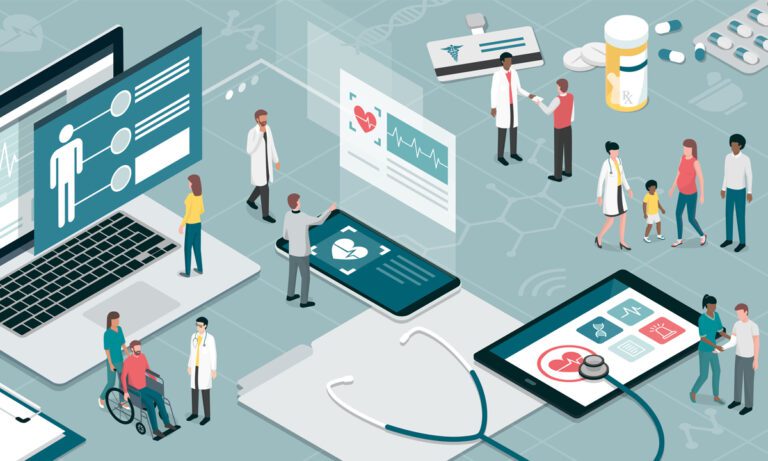
Section 4: Robotic Surgery and Procedures
4.1 Surgical Precision
AI-driven robotic surgery systems enhance surgical precision. Surgeons can perform complex procedures with greater accuracy and fewer complications. These systems are often used in cardiac, urologic, and minimally invasive surgeries, where precision can be a matter of life and death.
4.2 Remote Surgery
Tele-robotic surgery is emerging as a life-saving solution in situations where a specialized surgeon might not be physically present. AI-driven robots can be controlled remotely, allowing experienced surgeons to perform life-saving procedures from a distance.

Section 5: Challenges and Ethical Considerations
5.1 Data Privacy and Security
AI in healthcare necessitates the handling of sensitive patient data. Robust data privacy and security measures are crucial to maintaining patient trust and complying with regulations like HIPAA and GDPR.
5.2 Ethical AI and Bias
AI algorithms must be trained and tested rigorously to minimize biases and ensure that decisions made by AI are fair and unbiased. Ethical considerations are paramount in life-and-death scenarios.
5.3 Regulatory Compliance
Compliance with healthcare regulations is critical. AI solutions in healthcare must adhere to regulatory frameworks to avoid legal consequences and ensure patient safety.
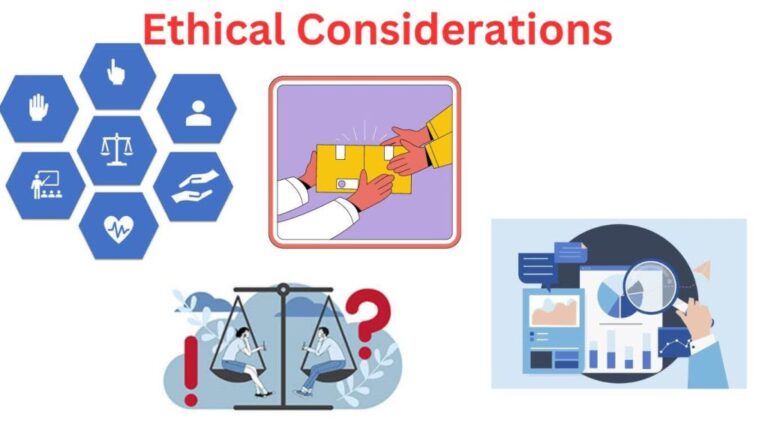
Section 6: The Future of AI in Healthcare
6.1 AI in Global Health
AI has the potential to revolutionize global health by addressing issues like disease surveillance, vaccine distribution, and outbreak prediction. The future may see AI playing a critical role in preventing global health crises.
6.2 AI for Mental Health
Mental health support is an emerging application of AI. Chatbots, sentiment analysis, and AI-powered therapy programs are helping identify and treat mental health conditions, saving lives in the process.
6.3 Collaboration and Integration
The future of AI in healthcare will involve greater collaboration between AI systems, healthcare providers, and patients. Integration with wearable devices and real-time data sharing will enhance the timely delivery of life-saving interventions.

Conclusion
Artificial Intelligence is no longer just a buzzword in healthcare; it is a reality that is saving lives. From early disease detection to personalized treatment, AI is transforming the way healthcare is delivered. However, challenges such as data privacy, bias, and regulatory compliance need careful navigation. As we journey into the future, the impact of AI on healthcare promises to be even more profound, ensuring that more lives are saved, and patient care is truly personalized and efficient.




